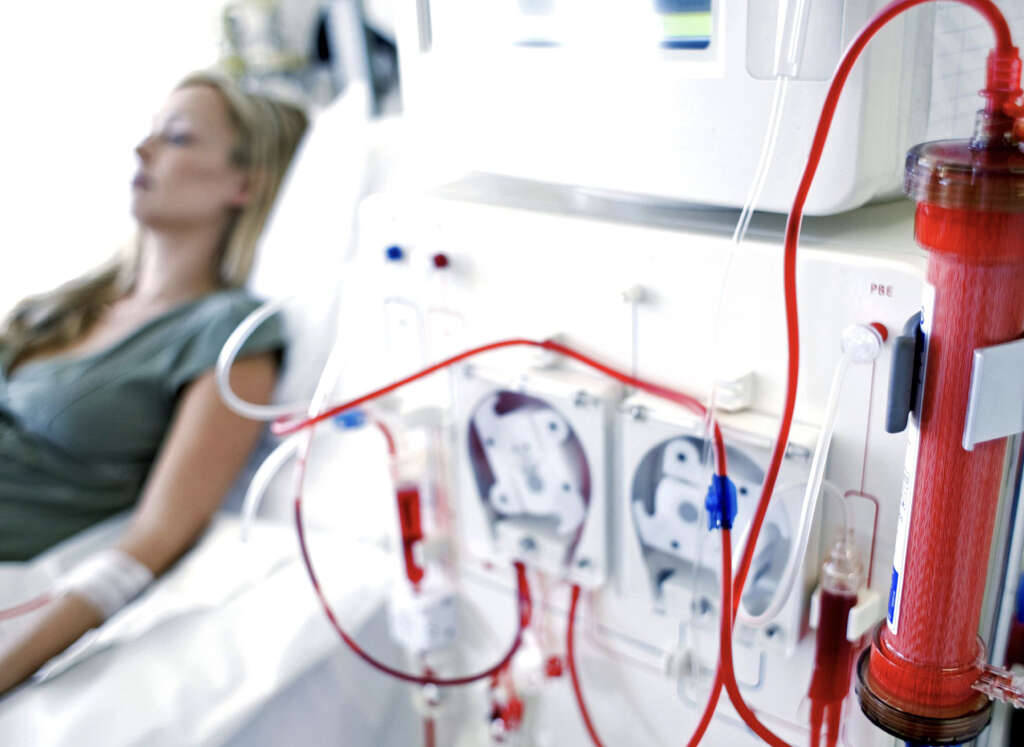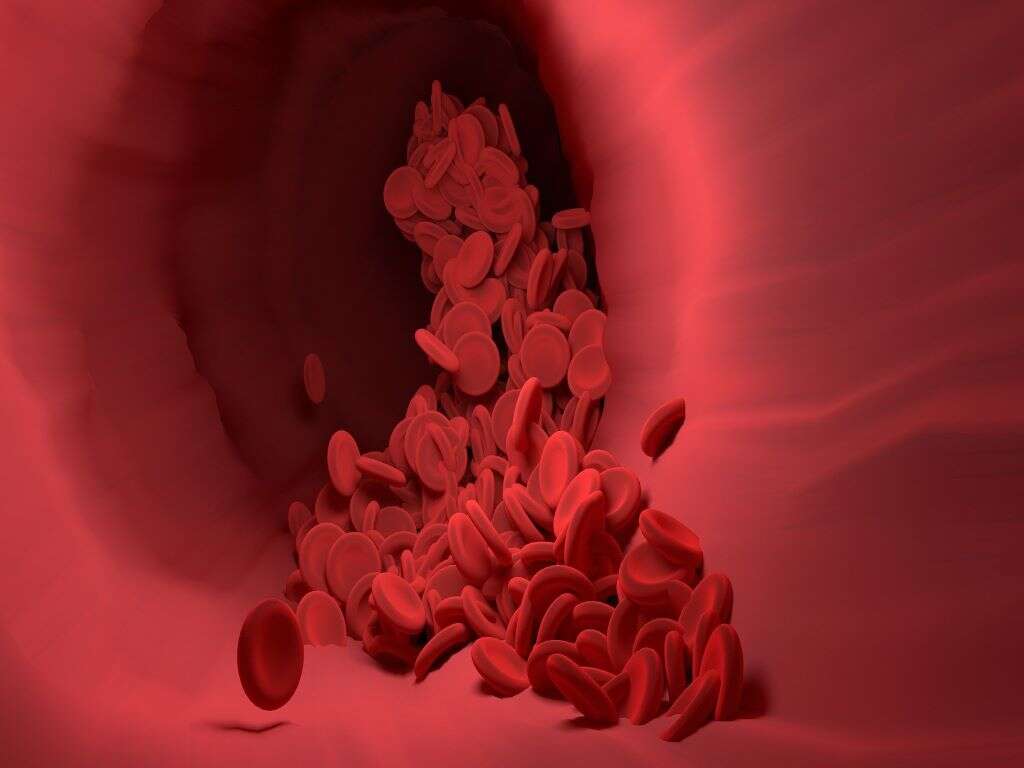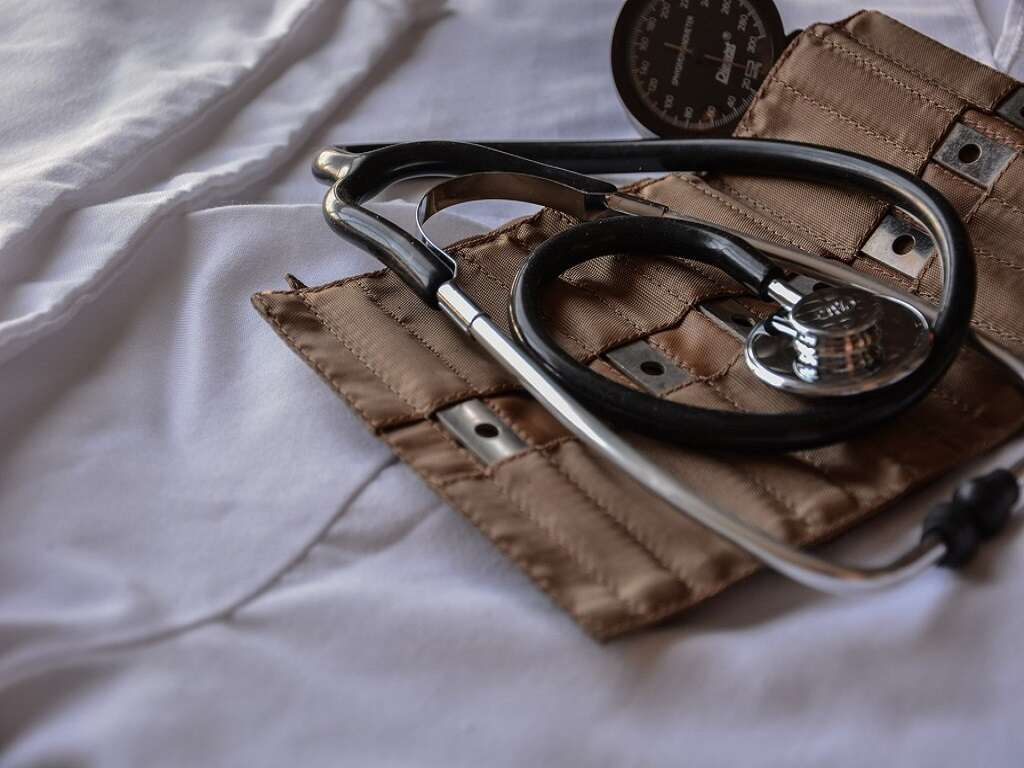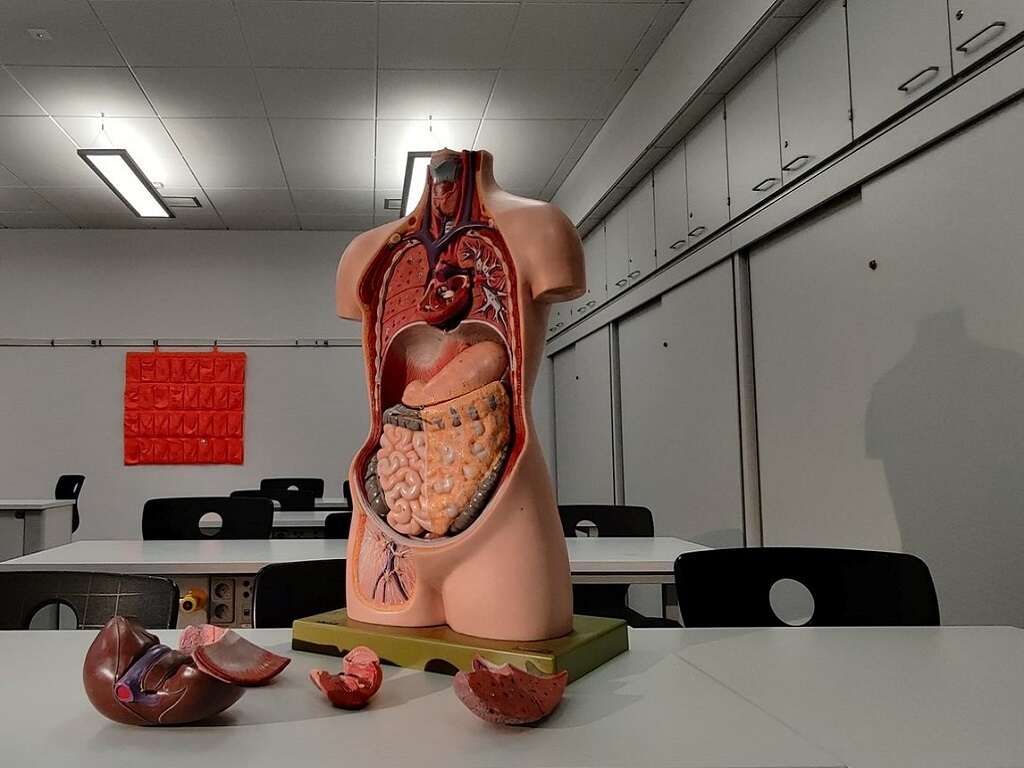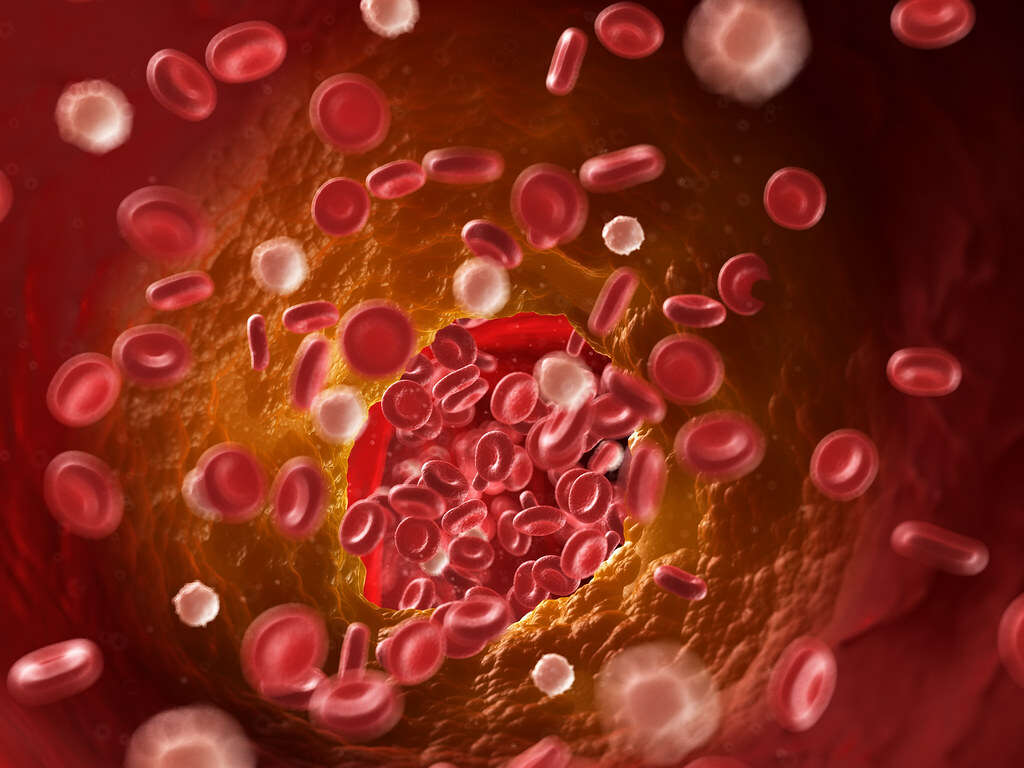What Is Uremia?
When we eat, we take in a small volume of toxins. Our bodies will also produce a small amount of toxins as a byproduct of various bodily functions. The volumes in question are only very small and are not a direct threat to us. However, these toxins can accumulate over time, and this can be very dangerous to us indeed.
The levels of these toxins in our blood are usually kept very low with help from our kidneys, which are a type of biological filter. If the kidneys were unable to do their job then the toxins in our blood will begin to accumulate. This is very dangerous to us and is something that must be addressed as soon as possible.
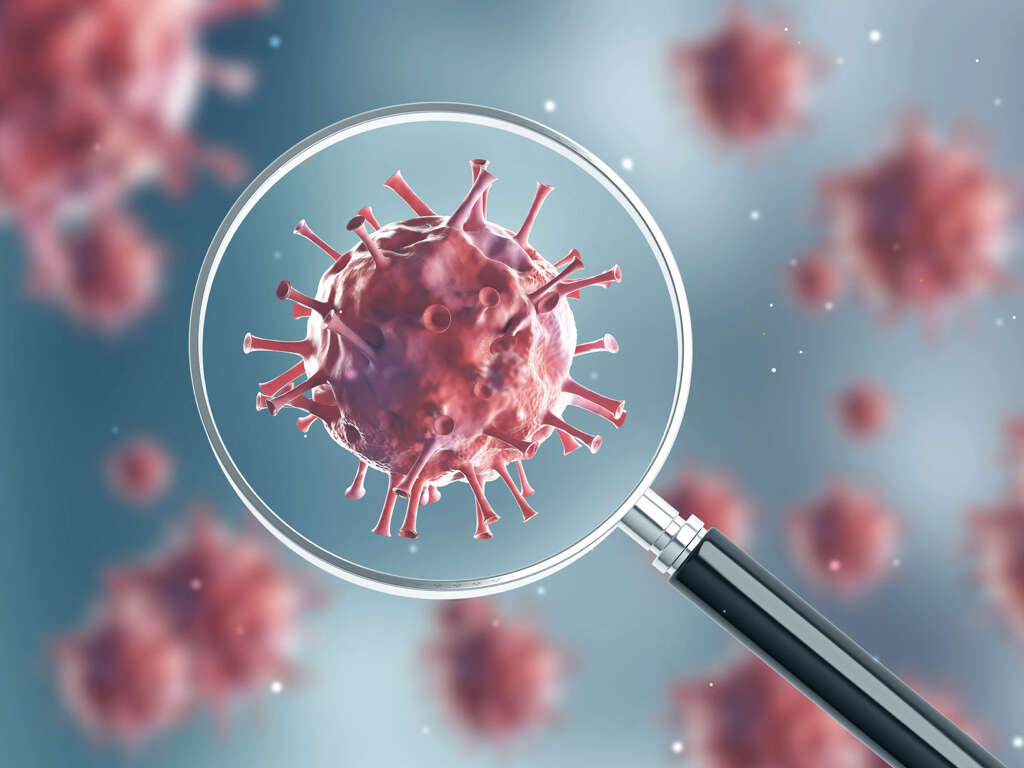
1. Uremia
If your kidneys are no longer able to perform the role as well as they usually would, then toxins can begin to accumulate in the body. Instead of being filtered out and ejected in our urine, the toxins will be flowing through our blood instead. This is a condition known as uremia.
The main toxins responsible are urea and creatinine. When these toxins build up too much it can become a very dangerous condition for the patient. Uremia is potentially a very serious condition, and can be life-threatening if it is not treated accordingly. It tends to occur as a result of damage to the kidney caused by chronic kidney disease.
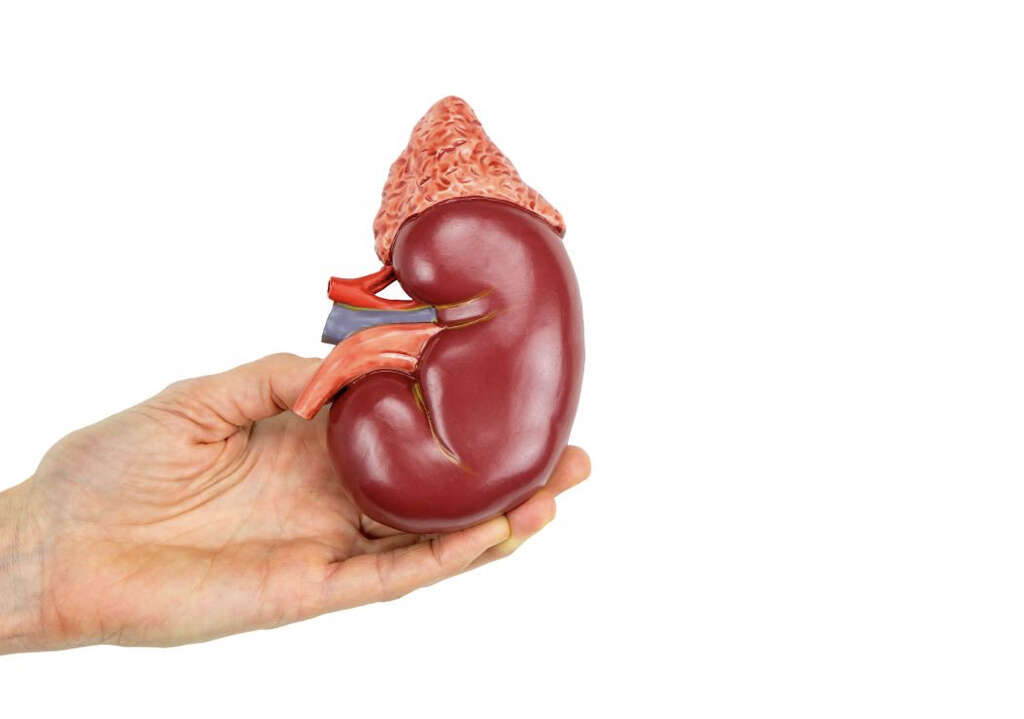
2. Enlarged Prostate
There are a number of potential causes of chronic kidney disease, one of which is an enlarged prostate. The prostate is a small organ found only in men and it has the role of bathing sperm in a fluid as they pass through the urethra during ejaculation.
An enlarged prostate can sometimes block the flow of urine from the kidney and out of the body. This can cause urine to back up in the urinary system, and this has the potential to cause kidney disease. Treatment for an enlarged prostate tends to include medication to help relieve the patient of their symptoms.
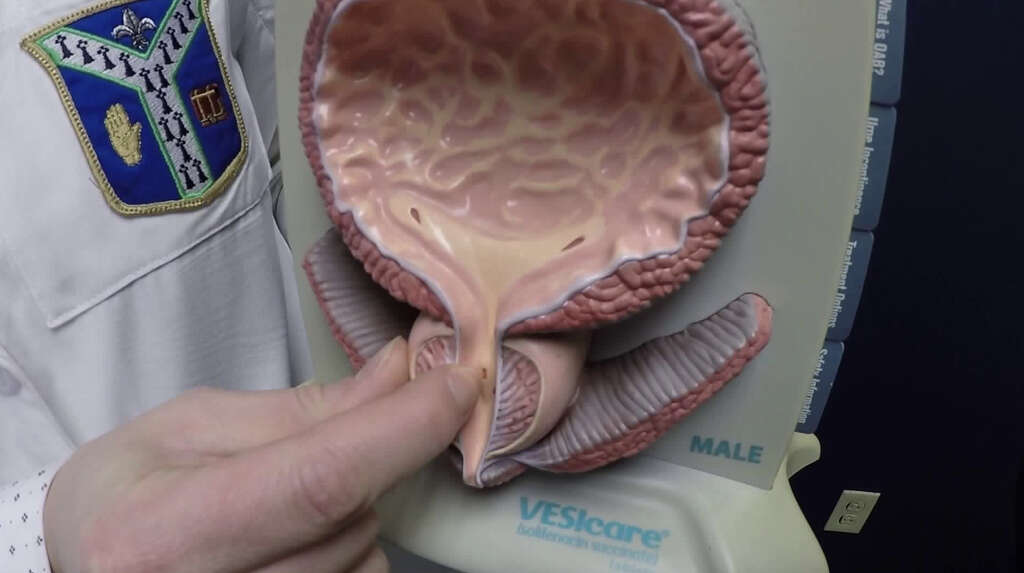
3. Polycystic Kidney Disease
Cysts are a fairly common phenomena and many people will have had at least one in their lifetime. Cysts are nothing more than sacs of fluid and they are usually quite harmless. Depending on their location, cysts can usually just be burst or removed in some other way if necessary.
Cysts will also sometimes develop on the kidneys and this is not usually a problem. Polycystic kidney disease, however, is a condition where multiple cysts will develop on the kidneys and this can begin to affect the kidney’s ability to function. It can lead to chronic kidney disease in some cases, and that can cause uremia in some people.
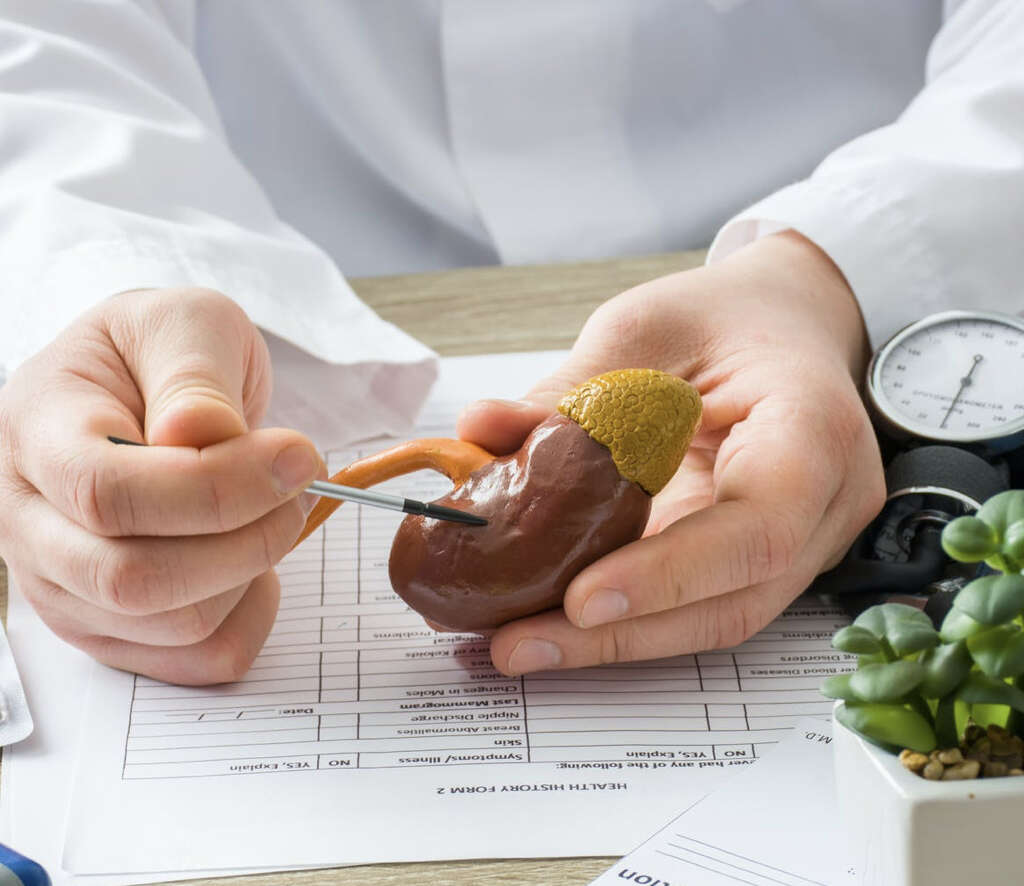
4. High Blood Pressure
Countless people around the world suffer from a high blood pressure, and it is a condition that many people will not even be aware that they have. Regardless, it is potentially a very serious condition both in the short term and in the long term. It can cause other complications such as chronic kidney disease.
If you do have high blood pressure then it is wise to try and reduce it to safe levels where possible. This usually involves eating a healthy diet and getting plenty of exercise. Medication may be necessary to help reduce a patient’s blood pressure in some cases.
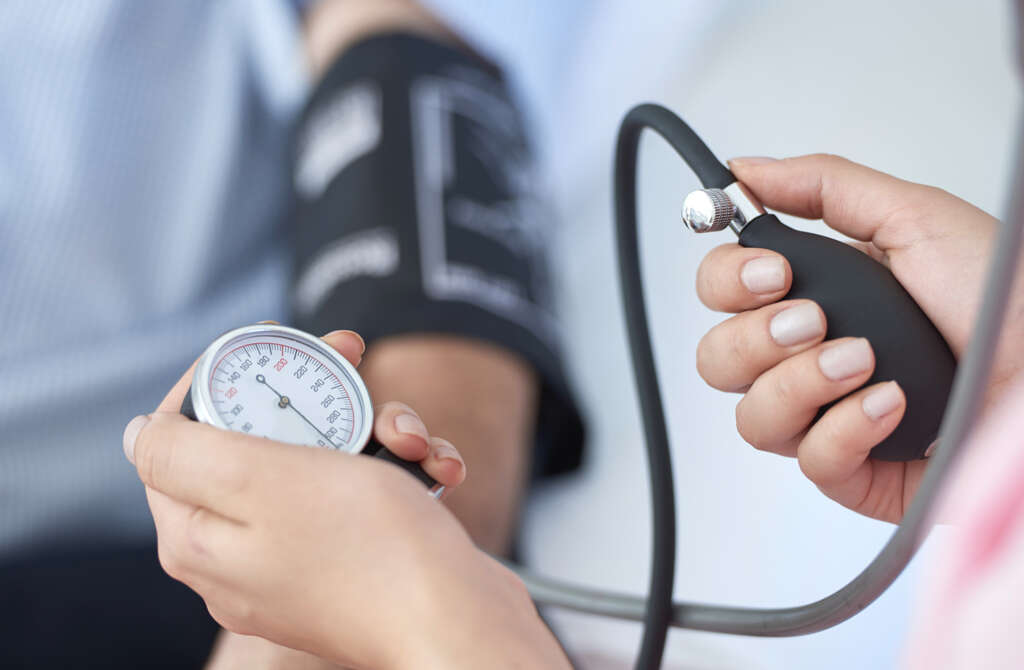
5. Cancer
The very word cancer is enough to strike fear into the hearts of many people, and for very good reasons. It is a very serious condition in most cases and it is still one of the biggest killers of otherwise healthy people. Research into the disease continues, however, and we are gradually making progress in terms of treating the condition.
Different types of cancers will have different effects on the body, and some types are able to cause chronic kidney disease. The chances of surviving cancer increase significantly if it is caught early, so regular check-ups are recommended for all people.

6. Other Kidney Conditions
Another type of kidney condition that can cause chronic kidney failure is kidney stones. These will usually pass through the system without causing any real harm, but they can sometimes block the kidneys. Such a blockage can lead to more severe complications in the long term.
Other conditions that can cause kidney failure include inflammation of the kidney’s tubules, and of filtering systems known as glomeruli. Somebody that experiences regular kidney infections is also more likely to develop chronic kidney disease. In addition to kidney conditions, people that have type 1 or type 2 diabetes are also in a higher risk group.
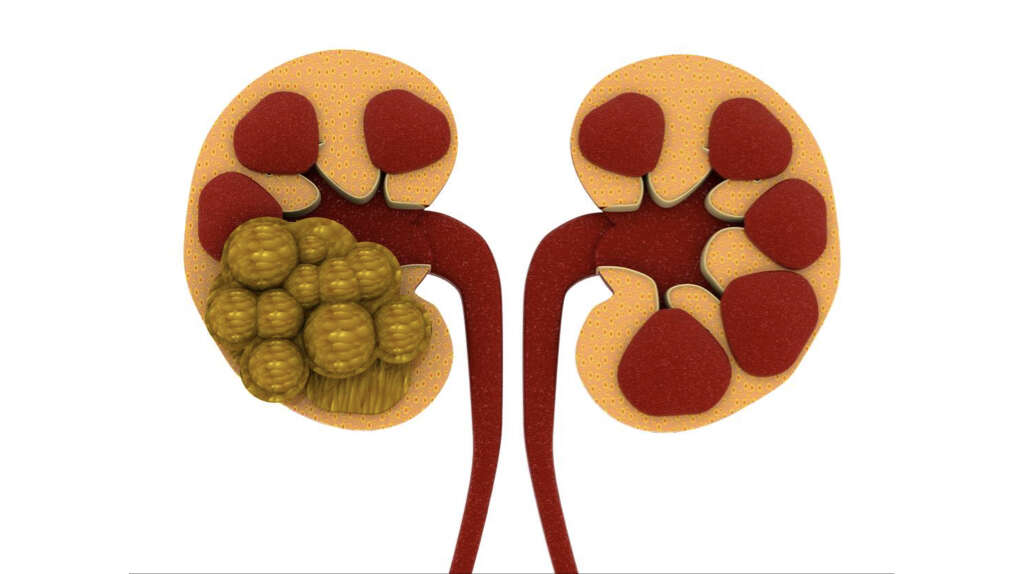
7. Symptoms
Chronic kidney disease itself will not always result in symptoms. Uremia is a serious condition, however, that can have quite an impact on the body so symptoms are to be expected. The symptoms should be enough to encourage the patient to see a doctor as soon as possible if they have not done so already.
Symptoms of uremia include fatigue, and the patient can also have difficulty concentrating. They may also lose their appetite, while some will also experience nausea and vomiting. A headache is another potential symptom of uremia, while some patients will also sometimes experience cramps in their legs.
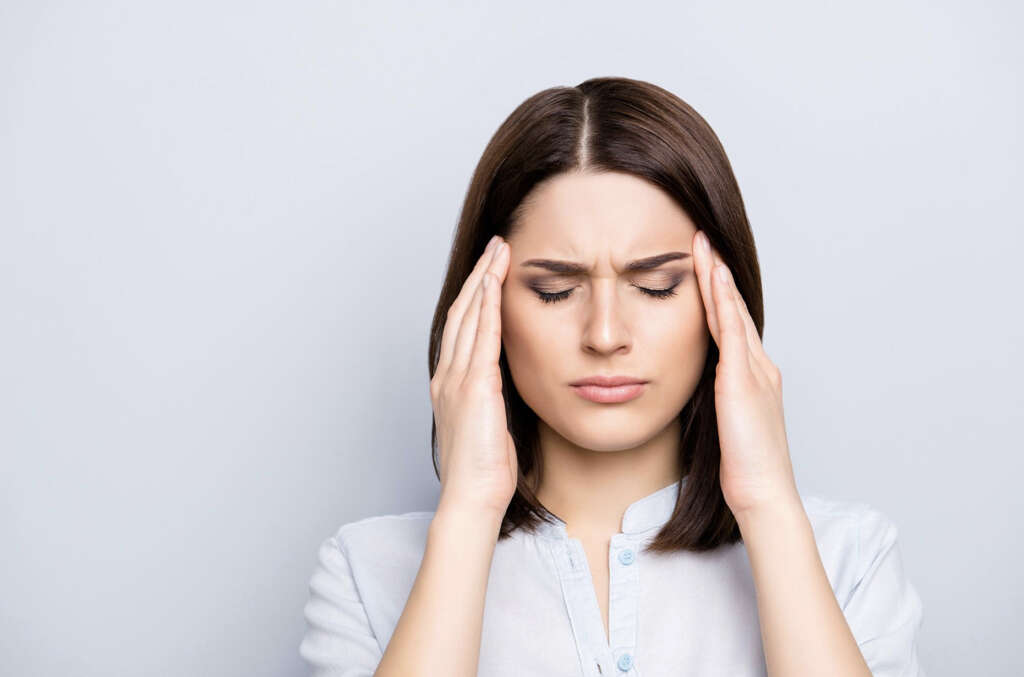
8. Prevention
Making healthy lifestyle choices is one of the best ways to prevent kidney disease and, by extension, uremia. This generally means avoiding too much alcohol, not smoking, eating healthily, and getting plenty of exercise. Obese people should do what they can to get their body weight down to within healthy levels.
If you have other medical conditions that can contribute to chronic kidney disease then you should try and do what you can to help manage these. Again, healthy lifestyle decisions can help to this end. Regular medical check-ups will also help to detect many health problems early on in their development.

9. Complications
In addition to the symptoms already mentioned, uremia can also lead to some other potentially serious complications. Some of the complications of uremia include an imbalance of minerals that causes extreme itching. Amyloidosis, which causes stiff and painful joints, in addition to other symptoms, is another possibility.
There is also a risk of problems with the cardiovascular system, and heart attacks are a possibility. The increasing levels of toxins in the blood can be extremely dangerous and pose a real threat to the patient’s life. As such, they should be given appropriate treatment as soon as a condition is recognized.

10. Treatment
By the time uremia has been diagnosed, your kidneys will already have suffered irreversible damage. While the damage itself cannot be reversed, it is possible to at least treat the patient for their symptoms. The urgent thing to do is to reduce the levels of toxins in their blood straight away.
Removing toxins in the blood can be achieved with the help from dialysis. Hemodialysis in particular involves the use of a machine that will help to filter the toxins from the blood. A kidney transplant will sometimes be necessary to help save the patient’s life, although this is only performed as a last resort.
